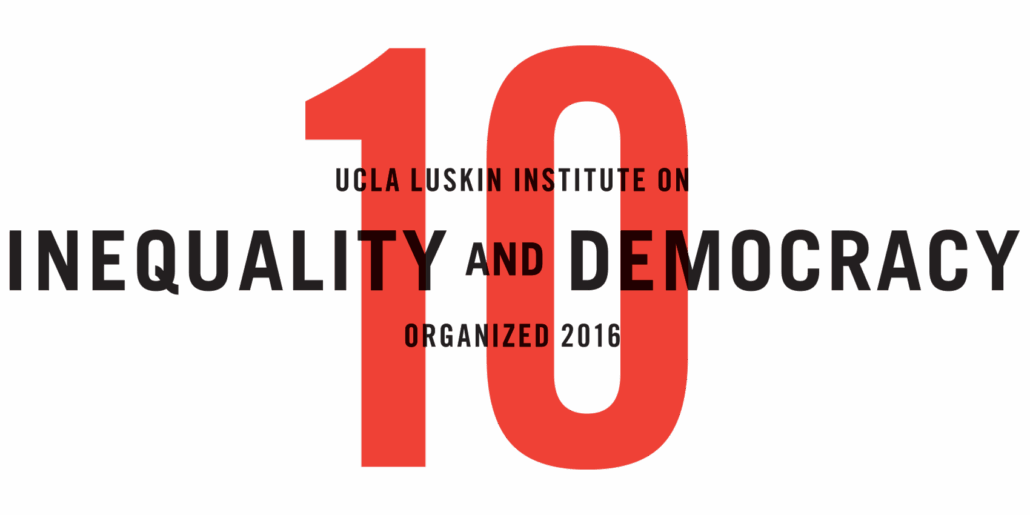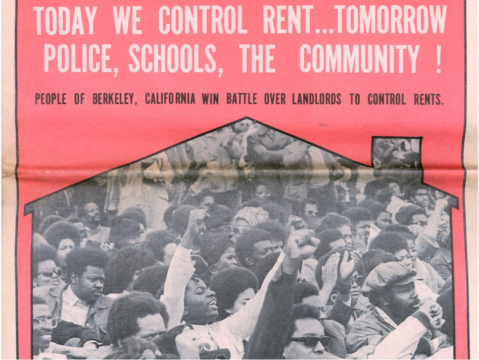Housing for People, Not for Profit: On the Corporatization of the Rental Sector in California
Fernanda Jahn-Verri (Urban Planning) in partnership with Debt Collective
The main goal of this project was to assist the Debt Collective in learning more about the corporatization of the housing sector in Southern California, in particular Los Angeles, to help them in future campaigns empowering tenants. Since its foundation, in 2014, the Debt Collective’s overall mission is to empower debtors by helping them to build networks of solidarity not only to cancel debt, but also to challenge the whole finance capitalism apparatus. Advancing political education among tenants, especially during the COVID-19 pandemic, is a crucial part of the struggle against predatory arrangements of landlordism. However, to help tenants in Los Angeles and elsewhere to confront landlords engaging in systemic predatory behavior, it is also critical to understand the political economy of the residential rental sector, including the actors involved in the corporatization of rent and how they are operating. Hence, in addition to the literature review on the financialization of housing in California, I also worked on a report on corporates landlords using LA County as a case study. The rise of residential real estate as a central frontier of capital accumulation in the twentieth-first century not only resulted in a profound reorganization of the urban space but negatively impacted the enjoyment of a basic human right: the access to adequate and affordable housing. Besides exploring the 2008 subprime mortgage crisis and its impacts for homeowners, the literature review also analyzed an emerging body of literature that argues that rent is becoming the new raw material for financial instruments traded by big corporate players like Blackstone and Colony Financial. Nonetheless, in the case of Los Angeles, evidence produced by community-based scholars and other housing justice organizations, gathered in the report, suggest that second-tier institutional landlords such as limited liability companies currently represent the major eviction threat, in particular in communities of color. Hopefully, both documents will assist the Debt Collective in their struggle along tenants to confront corporate landlords and cancel rent, as well as support the organization in advancing its long-term decommodifying vision: the idea that housing should be cooperatively-owned and community-controlled.


